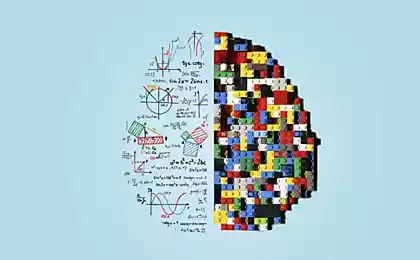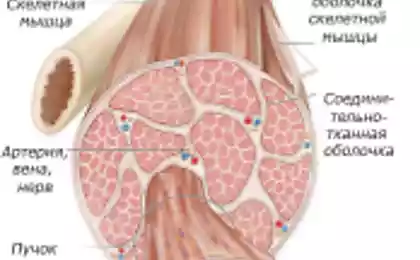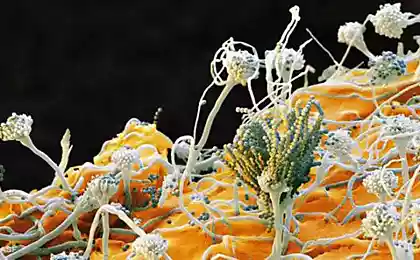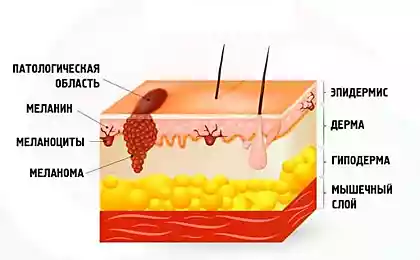465
Every fifth person is a carrier of the gene of longevity, and mind
Thirty seven million six hundred sixty five thousand one hundred seven
Gene variations, known as alleles, often operate on the principle of volume control on the speakers – they increase or decrease the risk of developing certain diseases. A new study by scientists at the University of California San Francisco (UCSF) was devoted to a specific allele, carriers of which not only live longer but also have large brains in the truest sense of the word.
Variation in the gene KLOTHO could help us predict brain health and find ways to protect people from the devastating age-related diseases such as Alzheimer's disease and other dementias, according to a press release from UCSF.The KLOTHO gene encodes Klotho, a protein produced in the brain and kidneys. There it helps to regulate many different processes in the human body. Since the mutated gene can take several alternative forms, one of them may be the allele KL-VS, a single copy of which, as the researchers note, occurs in one out of five people. It is associated with the proper functioning of the heart and kidneys, and is also responsible for longevity. About 3 percent of people in the world have two copies of KL-VS, that is, on the contrary, is associated with a shorter life.
Previously, it was found that people of middle and old age with a single copy of KL-VS demonstrate much better results in the tests on the brain. The study of the allele KL-VS showed stronger communication between neurons, improving learning and memory.
In carriers of a single copy of KL-VS, an increase in brain volume in the front part of it, involved in the processes of planning and decision-making than people with two copies of the gene or none at all.
The area of the brain, strengthened by variation in the gene KLOTHO, vulnerable to aging and certain neurological diseases, including schizophrenia, depression, alcohol or drug abuse, and frontotemporal dementia. In this case, the larger the size, the better the brain works, say the researchers.The study was published in the journal Annals of Clinical and Translational Neurology.
Source: hi-news.ru
Gene variations, known as alleles, often operate on the principle of volume control on the speakers – they increase or decrease the risk of developing certain diseases. A new study by scientists at the University of California San Francisco (UCSF) was devoted to a specific allele, carriers of which not only live longer but also have large brains in the truest sense of the word.
Variation in the gene KLOTHO could help us predict brain health and find ways to protect people from the devastating age-related diseases such as Alzheimer's disease and other dementias, according to a press release from UCSF.The KLOTHO gene encodes Klotho, a protein produced in the brain and kidneys. There it helps to regulate many different processes in the human body. Since the mutated gene can take several alternative forms, one of them may be the allele KL-VS, a single copy of which, as the researchers note, occurs in one out of five people. It is associated with the proper functioning of the heart and kidneys, and is also responsible for longevity. About 3 percent of people in the world have two copies of KL-VS, that is, on the contrary, is associated with a shorter life.
Previously, it was found that people of middle and old age with a single copy of KL-VS demonstrate much better results in the tests on the brain. The study of the allele KL-VS showed stronger communication between neurons, improving learning and memory.
In carriers of a single copy of KL-VS, an increase in brain volume in the front part of it, involved in the processes of planning and decision-making than people with two copies of the gene or none at all.
The area of the brain, strengthened by variation in the gene KLOTHO, vulnerable to aging and certain neurological diseases, including schizophrenia, depression, alcohol or drug abuse, and frontotemporal dementia. In this case, the larger the size, the better the brain works, say the researchers.The study was published in the journal Annals of Clinical and Translational Neurology.
Source: hi-news.ru























